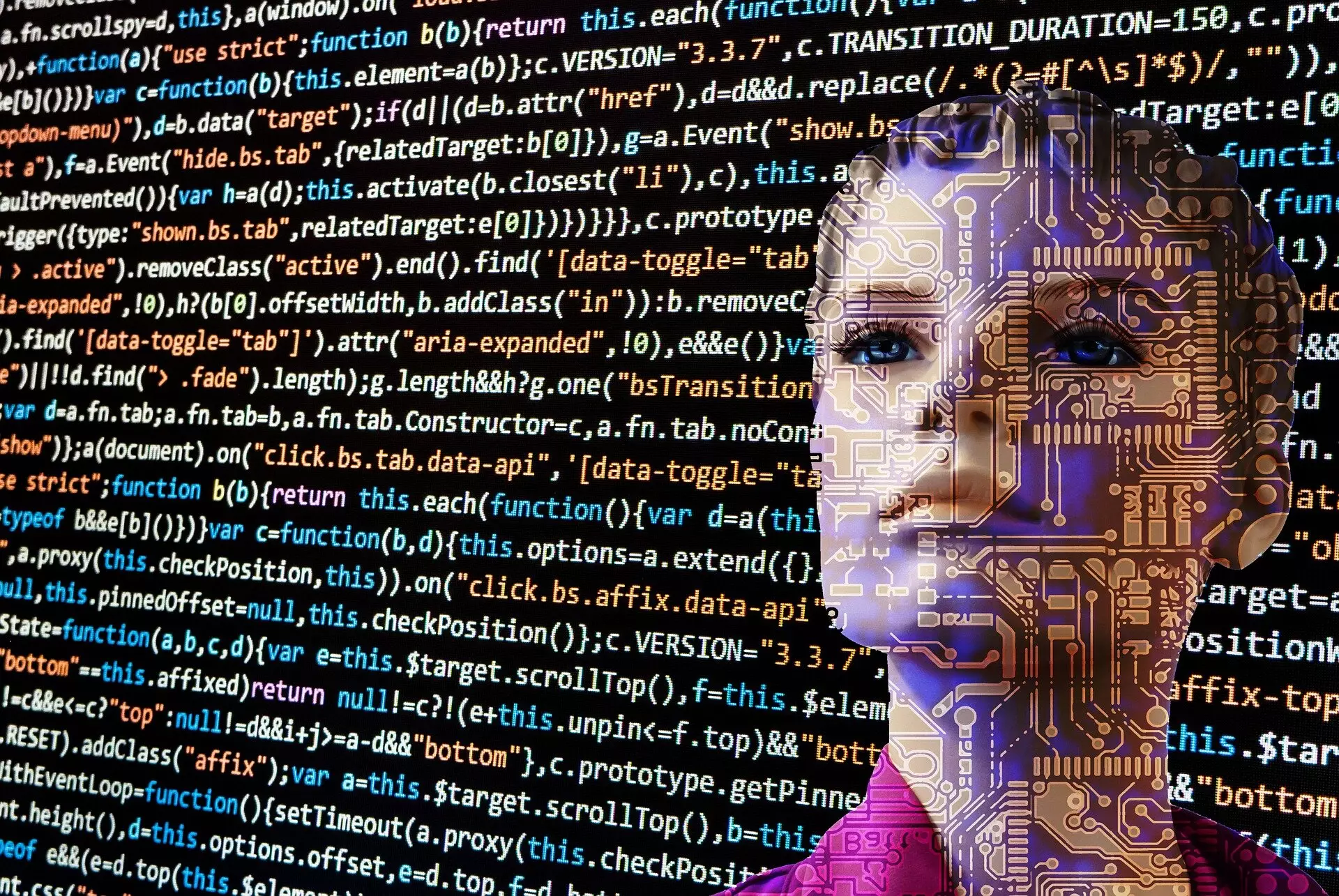Generative AI, a groundbreaking advancement in the field of artificial intelligence, has the ability to create unique content such as text, video, images, and music. This innovative technology stands in contrast to traditional AI by thinking outside the box and has the potential to revolutionize various aspects of society. While discussions regarding AI often revolve around its potential benefits or drawbacks, recent research conducted by an international team sheds light on the paradoxes associated with generative AI.
Implications for Society
When examining the impact of generative AI on society, four key areas come into focus: information, work, education, and healthcare. Historically, digital technologies have favored educated workers, leading to the displacement of less-skilled workers through automation. However, generative AI has the potential to enhance human capabilities rather than replace them, offering a promising shift in this trend. Studies have demonstrated that AI tools can significantly increase productivity and job satisfaction, particularly for less-skilled workers. Despite these advantages, disparities in access to AI technologies could exacerbate existing inequalities, leaving those without digital infrastructure or skills behind.
Transforming Education
Generative AI presents new opportunities in education by enhancing personalized support and adaptability. Chatbot tutors, for example, can revolutionize learning environments by providing tailored instruction and real-time support. This technology can facilitate dynamic teaching methods that respond directly to student needs, minimizing the need for constant teacher intervention. However, careful implementation is crucial to prevent biases from seeping into the system. Gender disparities in technology usage, as evidenced by female students using AI less frequently than their male counterparts, highlight the importance of addressing potential inequalities in educational settings.
In the realm of healthcare, generative AI has the potential to assist practitioners in making informed decisions while also posing risks. By guiding physicians in diagnosis, screening, prognosis, and triaging, AI has the capacity to reduce workloads and enhance medical care accessibility. Collaborative studies have shown that the integration of human and AI judgment can lead to superior performance. However, there are concerns about AI potentially causing incorrect diagnoses, emphasizing the need for a balanced integration strategy that supplements human expertise rather than replacing it entirely.
The issue of misinformation presents a complex challenge when considering generative AI. While AI can offer personalized content and improve user experiences, it also has the potential to fuel the spread of misinformation. The collection of personal data for corporate gain and the creation of advanced “deepfakes” raise concerns about the manipulation of information for malicious purposes. Regulating AI frameworks to prevent the exacerbation of socioeconomic inequalities and controlling misinformation dissemination is crucial for maintaining social equity and consumer protection.
As we navigate the evolving landscape of generative AI, it is essential to recognize the paradoxes and complexities inherent in this technology. While it offers immense potential for progress in various sectors, there are inherent risks that must be addressed through thoughtful regulation and ethical implementation. By striking a balance between innovation and social responsibility, we can steer the course towards a future where generative AI serves as a force for good, benefiting society as a whole. As architects of the future, each of us has a role to play in shaping the ethical use of generative AI for the betterment of humanity.



Leave a Reply